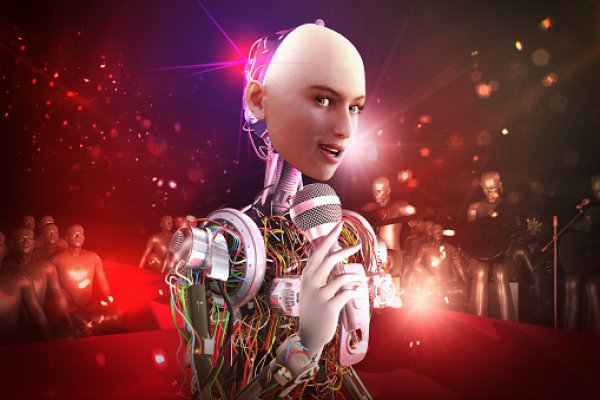Artificial intelligence (AI) has become a hot topic in the tech industry in recent years, with many companies investing heavily in this field to stay ahead of the curve. One of the most prominent players in this space is OpenAI, a research organization focused on creating safe and beneficial AI.
Recently, OpenAI made headlines when it was revealed that they had hired many former employees from Google and Meta (formerly known as Facebook). New data shows OpenAI has recruited 51 former Google and 21 former Meta employees in the past five years.
With more than 200 employees, LeadGenius and Punks & Pinstripes have seen several hires that previously worked for Alphabet – Google’s parent company and AI research lab DeepMind.
OpenAI has around 93 employees from various backgrounds, with 59 being ex-Googlers and 34 previously working at Meta.
CEO Greg Larkin declared that the freshly released data should act as an impetus for big tech companies to take a moment and examine their current operations, deeming it a “wakeup call” for them.
Greg Larkin says:
“If nothing else, OpenAI is a sign that Big Tech, especially Google, isn’t optimizing its investments in its employees.”
“A lot of AI talent has been working on secondary products in innovation labs like Alphabet X. For many this means that they rarely see their work have a meaningful impact on the company’s core products or earnings.”
The leading staff of OpenAI consists mainly of former Big Tech workers, notably from organizations such as Google, Meta, and Apple. Indicating an ambitious shift in their direction, they recently appointed Andrej Karpathy – former head of Autopilot at Tesla – to grow their AI capabilities further.
OpenAI, a prime example of how startups are evolving, according to Rick Kreifeldt, CTO of Sorenson Communications and Punks & Pinstripes member, demonstrates well how modern companies are blazing new trails.
Rick Kreifeldt says:
“The team is largely composed of people who spent a lot of time in large tech companies who have now left.”
“This is a stark difference from when Mark Zuckerberg was building Facebook from his Harvard dorm room.”
Founders Reid Hoffman, Elon Musk, and Peter Thiel committed to a philanthropic expenditure of $1 billion when OpenAI was established in 2015. As an endeavor to foster the advancement of AI technology in a pro-humanitarian fashion, the visionary founders’ investment is believed to have massively positive implications worldwide.
OpenAI recently launched its new software- ChatGPT, to much acclaim; it can do anything from writing essays to coding. Back in November, before this highly successful product launched, OpenAI recruited a few Google employees for specific purposes two aid in completing this project.
Several engineers have taken to Twitter to declare their departure from Google in favor of OpenAI formally.
I am delighted to announce that after three amazing years at Google Brain, I have decided to join OpenAI! I look forward to working on #ChatGPT and leading the way in Artificial Intelligence development.
After leaving Google to join OpenAI, an ex-Google Brain engineer expressed his anticipation of how AI impacts society last week on Twitter: “Can’t wait to see the impact of AI on society!”. Google Brain is a renowned research team at the tech leader dedicated to AI studies.
OpenAI CEO Sam Altman recently criticized Google as a “lethargic search monopoly.” By his accusation, Altman added to the ongoing AI war between Microsoft-partnered OpenAI and the US’s leading search engine provider.
Microsoft has recently used OpenAI technology in its latest Bing search engine, which could give Google a run for its money. While they seem to differ in approach, Google also is motivated to create their own AI-influenced Bourd as swift competition.
OpenAI’s hiring of many former Google and Meta employees has put the organization at the forefront of the AI industry. This influx of talent suggests that OpenAI is making strides in developing safe and beneficial AI.
However, the concentration of AI experts in a single organization raises concerns about the broader impact on the tech industry. With so much talent concentrated in one place, it remains to be seen how this will affect the development of AI more broadly.
OpenAI’s hiring strategy underscores the importance of having a strong talent pool in developing cutting-edge technology. As the AI industry continues to evolve, the demand for top talent will only increase, and organizations must compete for the best and brightest to stay ahead of the curve.
Source: Africa.business insider



